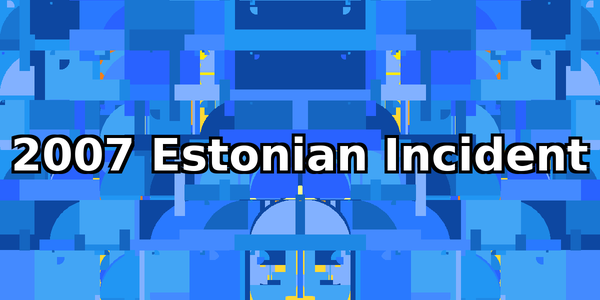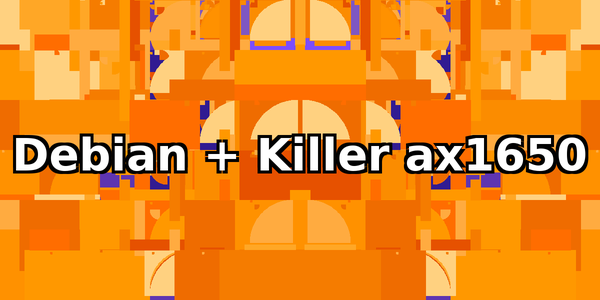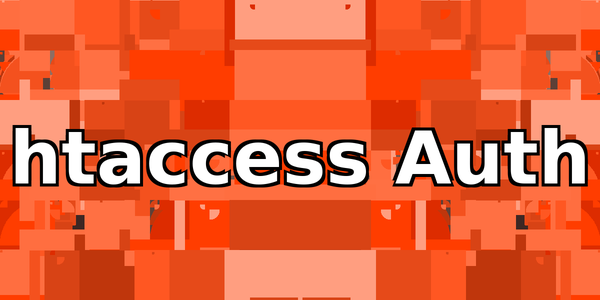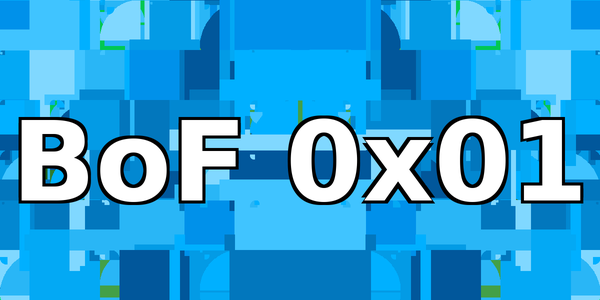m7c1
Much by way of discourse, some by way of advice; security from Clausewitz to Fancy Bear.

On the night of April 27th 2007, a statue was removed from a busy intersection in the middle of the Estonian capital of Tallinn, and relocated to a military cemetery a short distance away. Beneath the statue were the graves of a number of Red Army soldiers who perished in World War II. The incident touched off several days of riots in Tallinn, and sparked what later became known as 'Cyber War I’.[1] Though for all intents and purposes the relocation of the statue was a classically political move, several factors specific to Estonia and the era made it unique. We’ll first consider the classical elements, and then unique features, and finally interpret it in terms of securitization.

Setting up a late model laptop with a clean install of Debian I ran into a problem. The laptop's network card is a Killer AX1650, the drivers for which don't come pre-loarded with the Debian netinstaller. The laptop also doesn't have an Ethernet port, and I had no way of connecting it to the internet during the installation of Debian. Getting the internet working was something of a chore... but not impossible!

Apache makes it easy to quickly setup username and password authentication using htaccess. In this tutorial, we'll cover the basics of enabling authentication for any directory that Apache is serving. In this example, we'll create and lock a new folder.

In this fifth installment of our ongoing Linux tutorial series, we're going to customize our i3 experience by modifying i3bar's output! We're going to integrate our MPD music backend (the setup of which we covered here), into i3bar. We'll make use of some freely available code, and write a little python of our own.

In this, part four of our ongoing series of how to setup a speedy and highly functional Linux environment, we'll cover getting our music integrated into our desktop! We'll use Music Player Daemon (MPD) as our backend, and then setup ncmpcpp (a mouthful) as our frontend. MPD operates as the server component of a server-client system and can be controlled over a network, allowing multiple clients to connect to the same music database. ncmpcpp is a fast, ncurses based MPD client built in C++.
Quick Links
Search
Tags
Popular Posts
 Buffer Overflow 0x01
Buffer Overflow 0x01
A step by step buffer overflow tutorial. We'll cover why buffer overflows exist, how they can be abused to subvert flow of control, and step though an example exploitation in Linux using GDB. Tor and "Invisibility"
Tor and "Invisibility"
Misconstruing Tor as a cloak of invisibility is dangerous. Curation
Curation
How can we continue to protect ourselves in an era defined by ubiquitous data collection? Curation! (Ab)using Tor to circumvent GDPR
(Ab)using Tor to circumvent GDPR
Utilize Tor to circumvent GDPR in Europe.